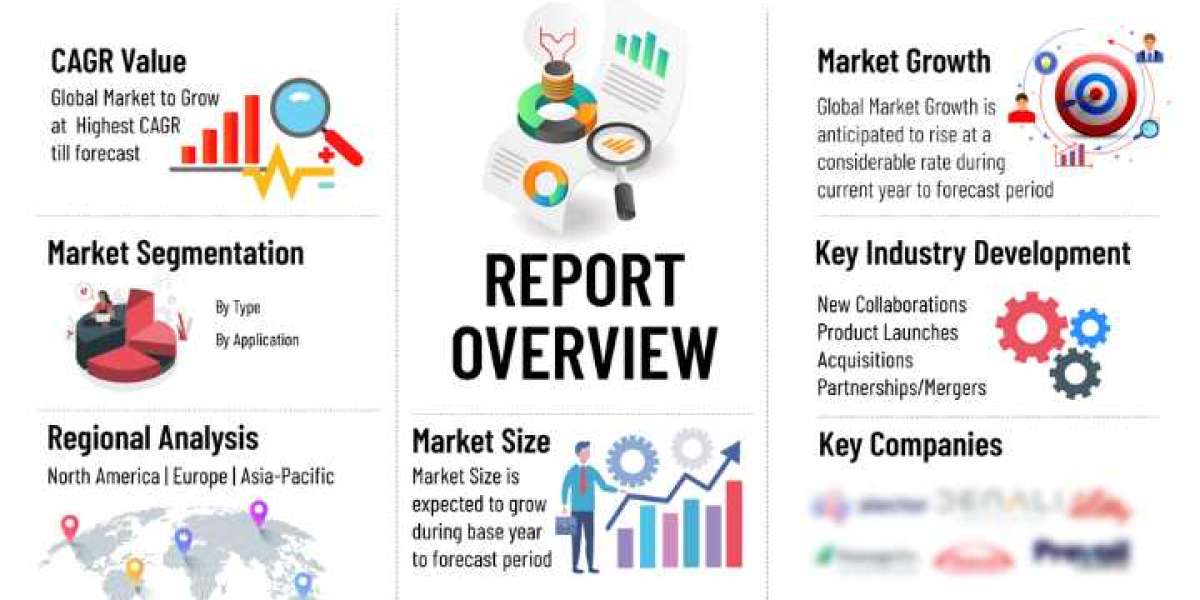HPV Market Insights
The HPV market is experiencing growth driven by various factors:
- Increased Vaccination Initiatives: Global health organizations, governments, and non-profits are working together to increase HPV vaccination rates, especially among adolescents.
- Rising Public Awareness: Education campaigns on the dangers of HPV and its link to cancers are leading to higher vaccine adoption rates.
- Vaccine Innovation: Companies are developing new vaccines that cover a broader spectrum of HPV strains, further improving protection and prevention strategies.
Currently, vaccines like Gardasil and Cervarix are at the forefront of this fight against HPV, significantly reducing infection rates and HPV-related cancers. The continuous development of vaccines targeting more HPV strains will play a critical role in expanding the market.
Key Players in the HPV Vaccine Market
Several prominent companies are leading efforts in HPV vaccination and therapeutic solutions, including:
- Merck Co. (Gardasil)
- GlaxoSmithKline (GSK) (Cervarix)
- Inovio Pharmaceuticals
- ISA Pharmaceuticals
- Nykode Therapeutics
These companies are working on expanding the protective coverage of HPV vaccines and improving the accessibility of vaccination programs across various regions.
HPV Epidemiology: A Global Perspective
HPV remains a significant health issue worldwide. According to the World Health Organization (WHO), over 500,000 new cervical cancer cases are reported annually, with more than 300,000 deaths, making it a leading cause of cancer-related mortality among women. The burden of HPV-related diseases is especially high in low-income countries, where access to vaccination and cervical cancer screening programs is limited.
In more developed regions, including the U.S., around 42% of females and 45% of males aged 18-59 are infected with at least one type of HPV. Although most infections resolve without treatment, certain high-risk strains lead to the development of cancers, emphasizing the importance of widespread vaccination.
HPV Vaccine Market Forecast to 2034
The HPV vaccine market is poised for substantial growth over the next decade, driven by advancements in vaccine technology, higher vaccination rates, and government-backed immunization initiatives. Key factors contributing to market growth include:
- Vaccine Coverage Expansion: New vaccine formulations targeting a broader range of HPV strains will significantly improve preventive measures, especially in countries with high infection rates.
- Improved Diagnostic Tools: The development of enhanced screening tools for early detection of HPV-related cancers will complement vaccination efforts and drive market demand.
- Public Health Campaigns: As awareness about the long-term health risks of HPV infections grows, the adoption of vaccines is expected to increase, especially in regions with high cervical cancer incidence.
By 2034, the HPV infection and vaccine market is projected to reach approximately USD 10.2 billion, driven by increased vaccination coverage, the introduction of novel vaccines, and comprehensive public health programs.
Challenges and Opportunities
Despite the promising outlook, challenges remain. These include:
- Limited Access to Vaccines in Low-Income Regions: Many developing countries still face significant hurdles in terms of vaccine access due to cost and healthcare infrastructure limitations.
- Vaccine Hesitancy: Misconceptions about vaccine safety and the low perceived risk of HPV-related cancers in some populations pose a challenge to increasing vaccination rates.
However, the market also presents substantial opportunities, such as:
- Expansion of Vaccination Programs: Increased government efforts to make vaccines available in underserved regions and greater global collaboration can significantly improve HPV prevention.
- Personalized Medicine: As the healthcare industry shifts toward personalized treatments, vaccines and therapies tailored to specific population needs and individual health profiles will likely play a more significant role in the market.
Conclusion: The Future of the HPV Market
The HPV infection and vaccine market is set for notable growth through 2034, driven by advancements in vaccine technology, rising awareness of HPV’s health risks, and proactive public health efforts. As research and development continue, the global fight against HPV-related cancers will see further progress, offering hope for a future where these diseases are significantly reduced.
The market’s promising forecast, reaching an estimated USD 10.2 billion by 2034, reflects the critical importance of ongoing vaccination programs and the potential for life-saving innovations in the prevention and treatment of HPV.
Latest Reports Offered By DelveInsight:
Pharmaceutical Consulting Companies | Progressive Multifocal Leukoencephalopathy Market | Necrotizing Enterocolitis Market | Chronic Progressive Multiple Sclerosis Market | Brain Aneurysm Stents Market | Chronic Hepatitis Delta Virus Market | Post-transplant Lymphoproliferative Disease Market | Filgrastim Biosimilar Insight | Peripheral Neuropathic Pain Market | Chronic Gout Market | Human Papilomavirus Market | Allergic Asthma Due To Dermatophagoides Farinae Market | Epithelial Ovarian Cancer Market | Neurovascular Devices Market | Palmar Hyperhidrosis Market Size | Adrenogenital Syndrome Market | Blood Gas And Electrolyte Analyzers Market | Bone Anchored Hearing Systems Market | Cardiac Resynchronization Therapy Device Market | Gout Market | Healthcare Subscription Models | Menopause Market | Allergic Rhinoconjunctivitis Market | Cerebral Aneurysm Market






